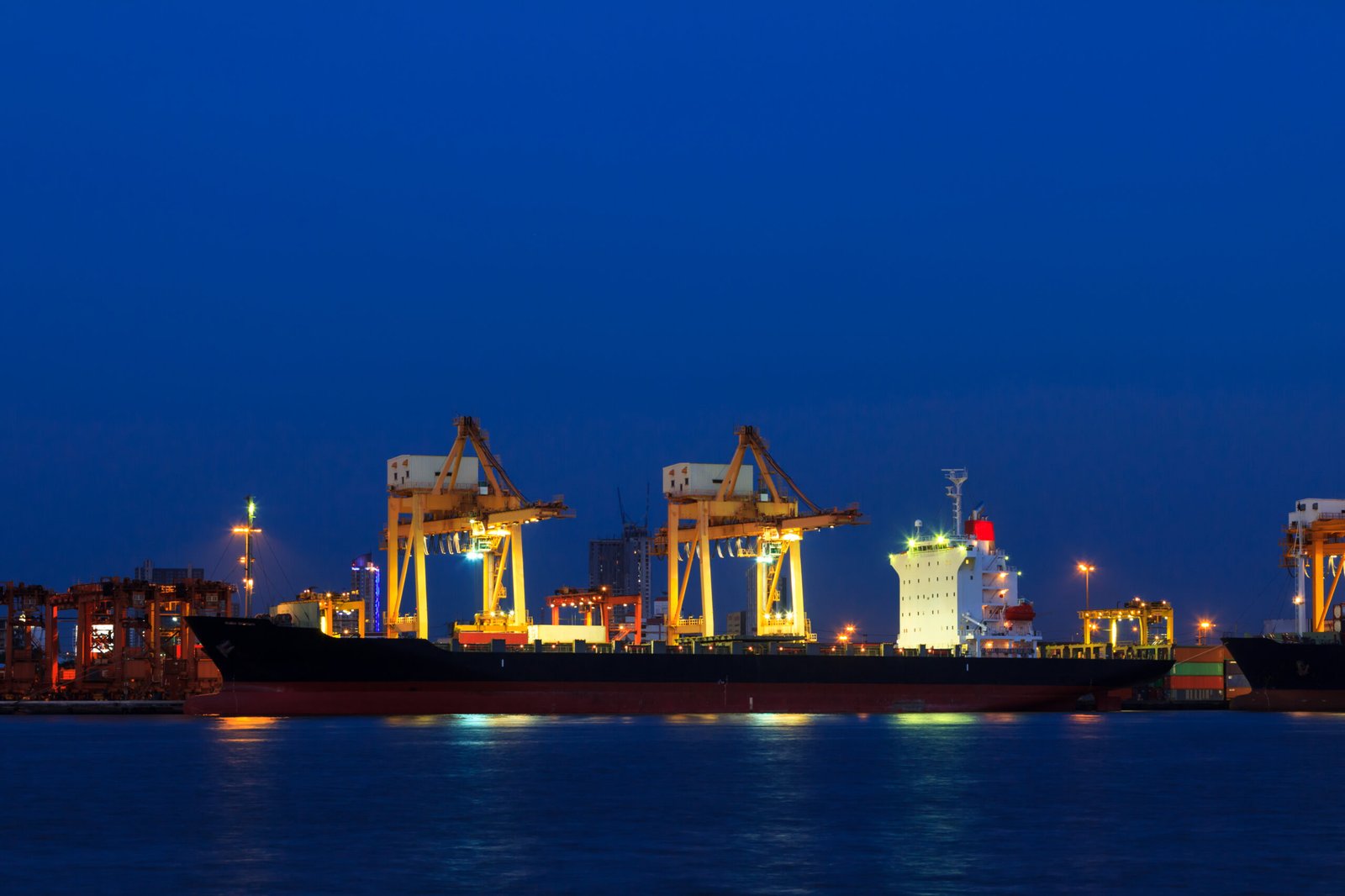Maritime Technologies Complex: Innovations Shaping the Seas

Introduction to “Maritime Technologies Complex” and Their Importance
Defining “Maritime Technologies Complex
“Maritime Technologies Complex” is any system, collection of tools, or invention that advances operations or activities connected to marine affairs. These technologies are fundamental for human engagement with the oceans and support the shipping, maritime navigation, offshore energy, and environmental monitoring companies.
Value in Environmental Sustainability and World Trade
Since sea moves eighty percent of the goods in the world, the “Maritime Technologies Complex” sector is absolutely vital for global trade. Using maritime technologies has streamlined these procedures, therefore boosting production, lowering costs, and promoting safer operating techniques. Thanks to developments like renewable energy and autonomous ships, which will significantly help to lower the impact of climate change, a more ecologically responsible marine sector is just ahead.
Overview of Complex Maritime Engineering
The Interdisciplinary Nature of Maritime Engineering
Because marine engineering is a multifaceted area, knowledge in mechanical engineering, electronics, software engineering, oceanography, and other allied disciplines is absolutely vital. Creating technology for use at sea means finding solutions that can resist the elements and yet follow world standards.
Key Technologies Driving Maritime Sector Advancements
Modern marine developments are mostly based on many key technologies, including:
Advanced Sensors and IoT Devices to enable better navigation and vessel monitoring.
- Artificial Intelligence to plan routes more efficiently and anticipate risks, such as bad weather.
Renewable Energy Solutions like solar- and wind-powered equipment to cut down on carbon emissions.
Emerging Trends in Maritime Technologies
Analysis of Current Trends in the Maritime Sector
In the maritime industry, digital transformation has been pushed somewhat strongly. New technologies like blockchain are helping supply chains to make things more transparent; automation is altering cargo handling and port operations.
Impact of Digitisation and Automation
- From port managers to shipping firms, digitisation is simplifying communication amongst all those engaged, hence improving the efficiency of world trade operations.
Particularly in hazardous locations like deep-sea research or offshore drilling, automation robotics reduces error and increases safety.
Challenges Found in Developing and Applications of Advanced “Maritime technology complex” logistically and technically demanding challenges
Developing marine technology faces several technological and logistical challenges in ensuring they function in hostile marine settings and preserving strong underwater communication networks.
Legal and environmental restraints
Thanks in great part to international standards like SOLS (Safety of Life at Sea) and MAR POL (Marine Pollution), many marine systems work efficiently. Finding the perfect mix between using new technologies and following these rules can be challenging and costly.
Case Studies of Prominent Maritime Technology Projects
Autonomous Underwater Vehicles (Au Vs) Transforming Subset Discovery
Autonomous Underwater Vehicles (AU Vs) have changed resource discovery and marine research methodology. AU Vs can scan ocean floor, probe subset cables, and gather environmental data with minimum human help using their high-resolution sonar and image equipment. For example, AU Vs are fundamental for both “Maritime Technologies Complex” and oil mining in the ocean.
Smart ports: improving cargo operations’ efficiency
Smart ports assist to simplify freight movement control by means of IoT, artificial intelligence, and automation. Using real-time data and analytics, the Port of Rotterdam—one of the most advanced ports worldwide—figures out when ships will arrive, how best to utilize berths, and how to minimize traffic. This reduces pollutants and expenses.
Satellite Communication Systems: Advancing Connectivity at Sea
Satellite technology connects ships all over the world, so shipping operations and safety can be updated in real time. Satellite communication systems, like those made by companies like Iridium, are very important for sending data during natural disasters. This keeps maritime activities going even when things get tough.
Future of Maritime Technologies and Predictions for Upcoming Innovations
Future Technologies Promising Prospective
Over the following 10 years, fresh tools meant to revolutionize the game will be unveiled.
Soon to dominate the seas are zero-emission vessels (ZEVs), environmentally friendly ships running on hydrogen fuel cells and other clean energy sources.
Whole fleets of self-navigating ships are being tested in order to increase accuracy and efficiency of maritime operations.
AI-Powered Maintenance Tools:By looking at details of wear and tear in real time, predictive maintenance systems will keep ships from having to go down for long periods of time.
What the Next Ten Years Will Bring in Maritime Engineering
According to experts, if businesses wish to keep ahead in the worldwide supply chain, sustainable, digitalized marine operations will not be a choice but rather a must in the future. Should a company neglect modern technologies, over time it could lose competitiveness.
Impact of Maritime Technologies on Global Trade and Environmental Sustainability
Positive Effects on Trade Efficiency and Safety
In global trade, maritime technologies cut down on delays by a large amount, make logistics easier, and raise operating safety. Automated terminals and real-time tracking systems make it possible to move goods more quickly and safely, especially for high-value cargo.
Environmental and sustainability thoughts
The International Maritime Organization (IMO) set 2030 and 2050 carbon emission cuts. This suggests the maritime industry is becoming greener. Renewable energy ships and waste reduction measures are key to improving marine sustainability.
Maritime tools help preserve fragile habitats by measuring ocean health
Conclusion and Call to Action for Industry Professionals
Recap of the Importance of Maritime Technologies
From environmental preservation to supply chain optimization, maritime technologies have great creative potential and expansion capacity. Solving some of the toughest problems in the sector and grabbing on its most exciting prospects depend on the complicated maritime technologies.
Encouragement for Further Innovation and Collaboration
Professionals in the sector and inventors have to keep working together and funding new technologies that revolutionize maritime activities. Combined, we can overcome environmental, legal, and technical obstacles.
Call to Action for Supporting Complex Maritime Technologies
Today’s activity and inventiveness will help to define marine engineering going forward. Whether your career in the maritime sector, tech enthusiast, or marine engineer, now is the moment to interact with innovative technology and investigate new ideas for the particular requirements of the sector.
Find out more about how sophisticated “Maritime Technologies Complex” are changing sectors. Proceed to kick start your research on the inventions redefining the oceans.


